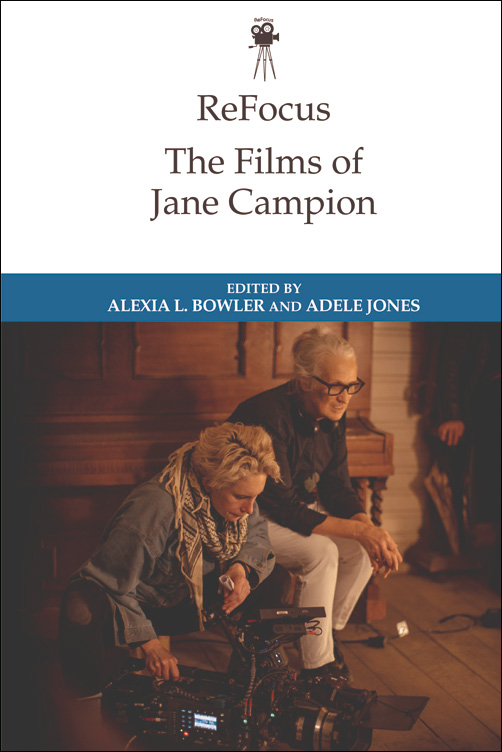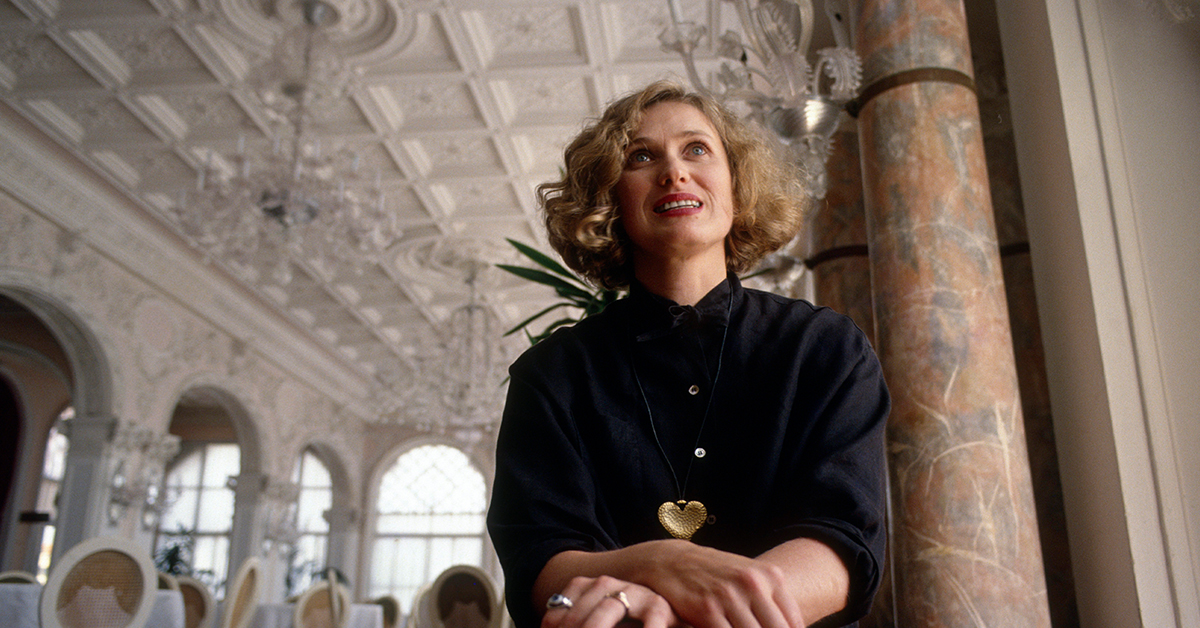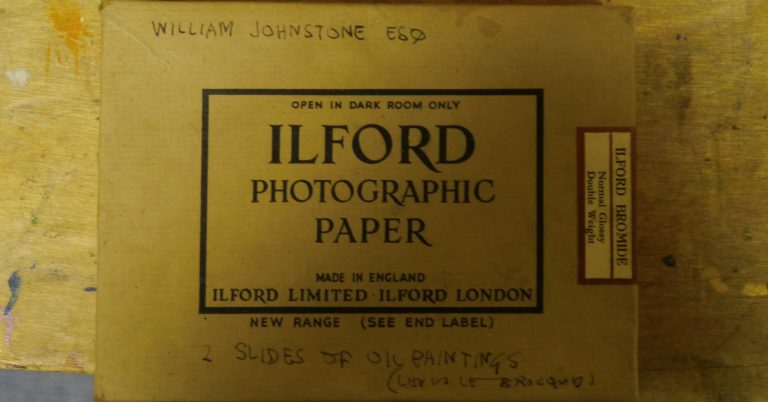
by Alexia L. Bowler and Adele Jones
Refocus: The Films of Jane Campion (2023) is the first collection of scholarly essays on Oscar winning film director Jane Campion, director of The Piano (1993) and more recently The Power of the Dog (2021), since 2009. It is also the first edited collection to focus primarily on her ambiguous position as a feminist director and cover her return to television (Top of the Lake, 2013 and 2017) and streaming platforms.
In this Q&A, editors Alexia L. Bowler and Adele Jones discuss the writing process of the book.
What inspired you to research this area?
Alexia: I distinctly remember seeing In the Cut (2003). I was ambivalent towards the movie and to Campion’s direction the first time around, which is mind-boggling to me now! I guess I was more focused on science fiction film and representations of technology for my postgraduate work and less familiar with feminist film – how things have changed! My initial equivocation was probably based on a reaction to seeing Meg Ryan working outside of the parameters of the rom-com genre with which she was associated. It made me feel uncomfortable: intrigued but uncomfortable. After doing a little reading and a lot of reflection, I recognised the subversiveness of Campion’s directorial choices; that is, the requirement to (re)consider the representation of women, sexuality and subjectivity, partly through Ryan’s casting. Campion’s open-ended narratives don’t tend to offer concrete answers, but exploration. This lack of didacticism appeals to me. Our collection very much centres on Campion’s (playful) ‘slipperiness’ around discourses on women, sexuality, feminism and her attraction to those on the margins.
Adele: Although I’ve always found Jane Campion to be an interesting figure, the first series of Top of the Lake (2013) really sparked my desire to work on Campion, particularly from the perspective of the #MeToo movement. For years, I’ve listened to Alexia talk about Campion with real passion and suddenly that television work, for me, laid bare the real complexity and ambiguity of the work. I rewatched everything that Campion had done, and Alexia and I started to talk about whether a collection would be something timely; it grew from there!
What was the most exciting thing about this project for you?
Alexia: For me, it was connecting with international researchers. It was exhilarating to engage with scholars from Australia, New Zealand and America whose perspectives may be different to those in the UK; there is potential to challenge your own positioning, which is what good research and scholarship does, right? Plus, we were lucky to have amazing contributors who were enthusiastic and collegiate. Several colleagues even used to send us links to news items about Campion that we may not have seen, adding to our ‘Campion Community’, as I like to call it!
Adele: I really enjoyed watching the project coalesce into a narrative that had a strong thesis and logical shape. At the start it felt as if we were wrestling with huge ideas that couldn’t possibly be contained and then, all of a sudden, the different threads seemed stitched together. It’s exciting when a piece of work becomes recognisable as a reflection of what’s in your mind!
Did you discover anything particularly strange or surprising?
We were fascinated to learn about how Campion’s work was received in other countries, and the different debates that go on around her films and position as director, particularly in an Antipodean setting. This was so valuable to us, not being from that environment. It’s a lesson to us all when thinking about the context, production, and reception of cultural production in such a globalised world.
Did you get exclusive access to any new or hard-to-find sources?
Several of our contributors had access to information about Campion’s early films that we didn’t, such as the distribution/promotion materials for Two Friends (1986) from Milestone Films. We also had to do a lot of digging to access to some Campion shorts and early films – so not exclusive but certainly hard(er) to access materials.
Has your research in this area changed the way you see the world today?
Alexia: Campion’s films changed my view of socio-cultural discourses; the kinds of cinema and stories we (could/should) have available to us, questionable representations of so-called ‘difficult’ women, and the possibility of a more nuanced interrogation of power dynamics between men and women in our storytelling, for example.
Adele: Working on Campion hasn’t changed how I see the world in the sense that in both my professional and personal life, I truly believe that culture, politics, and society needs feminist thinking and activism in order to make life better for all of us. However, I do have a bit of an ambivalent relationship with Campion because although I think she is one of the best directors we have working today, I find her work challenging and, at times, uncomfortable to watch. I’ve always worked on feminist theory and artists who would define themselves as feminists, so for this project I really needed to question some of my thoughts about how and why feminist cultural production takes place. Talking and writing with Alexia and reading the work from our contributors forced me to reconsider my ideas about how we define ‘feminism’, as well as the complexity around the issue of how far we need to include men and masculinities in our work on women and female subjectivity. Although the collection is now out in the world, the ideas in it are still at the forefront of my mind.
What’s next for you?
Well, we enjoyed collaborating with one another, and with others who were so generous with their time, so there may be another collection on the horizon after we recover from this one! It was a big learning curve in some respects, but an amazing journey.

Get 30% off your copy with discount code NEW30
About the book
ReFocus: The Films of Jane Campion explores the detail of Campion’s film and television output, considering her vision and practice, legacy, and her contribution to feminist filmmaking.
About the editors
Alexia is a senior lecturer, teaching English Language, Literature and Film within the School of Culture and Communication at Swansea University. Alexia’s research and publishing interests lie in genre film (particularly science fiction, film noir and romantic comedy), feminism(s) and postfeminism, female film directors and their representation of women, and adaptation.
Adele teaches in the Centre for Academic Success at Swansea University. Adele has published on Sarah Waters, Michèle Roberts, and neo-Victorianism, and she co-edited Sarah Waters and Contemporary Feminisms (2016, with Dr Claire O’Callaghan). Beside her recent co-editorship with Alexia on Refocus: The Films of Jane Campion (EUP, 2023), her most recent publication on Margaret Atwood and Naomi Alderman is out now in Legacies and Lifespans in Contemporary Women’s Writing (Palgrave Macmillan, 2023) edited by Gina Wisker, Leanne Bibby and Heidi Yeandle.





